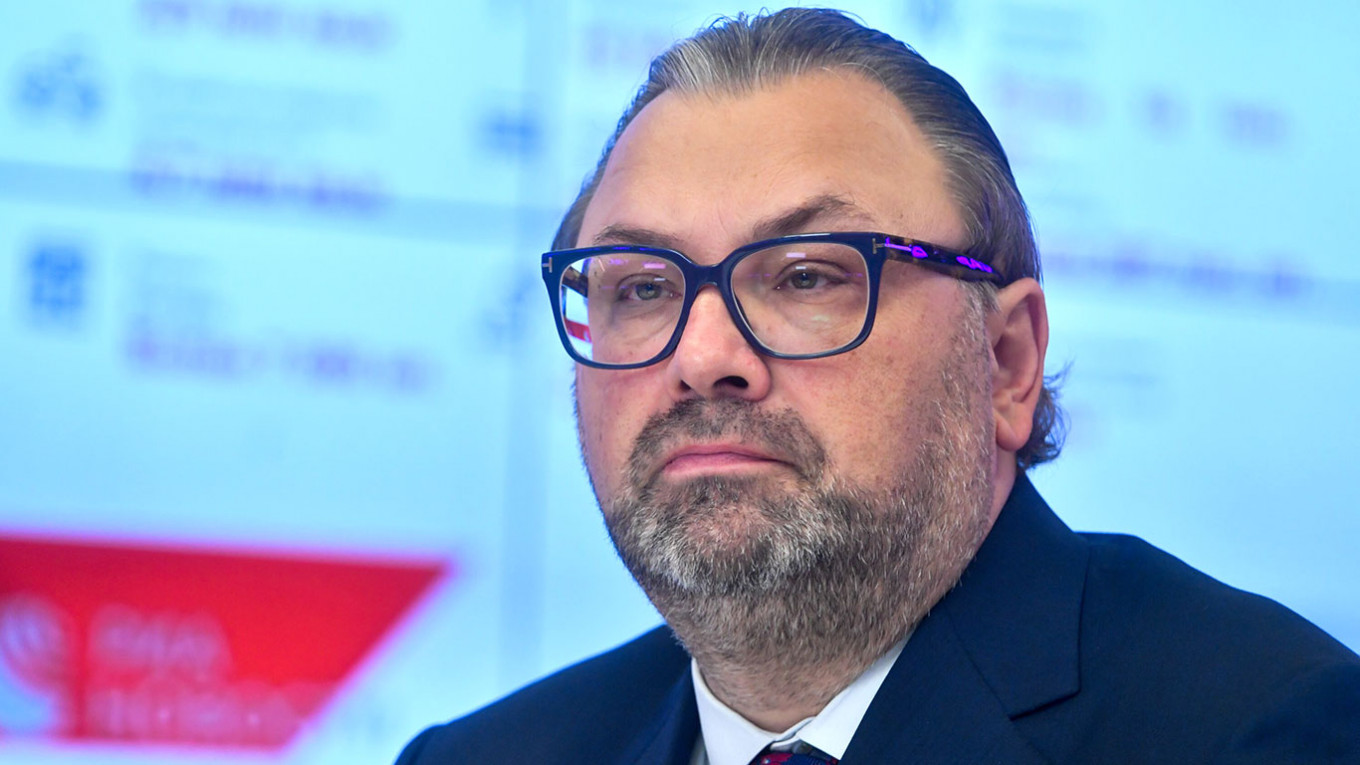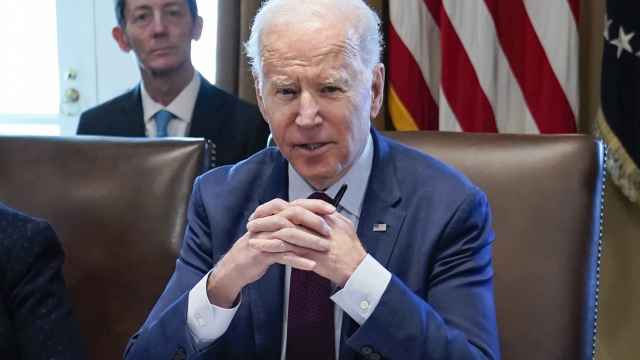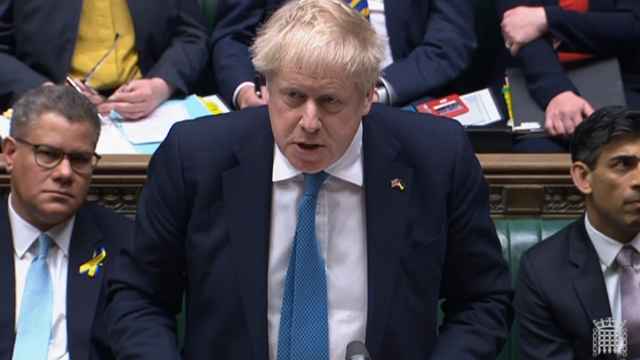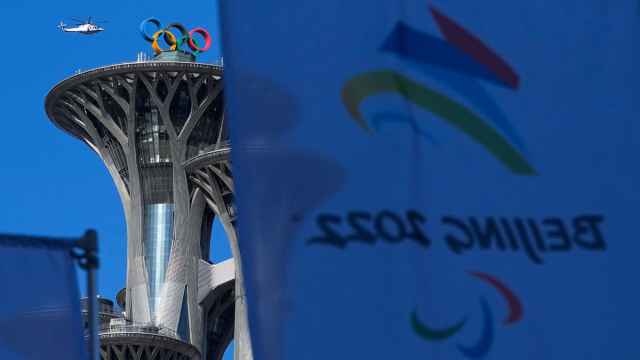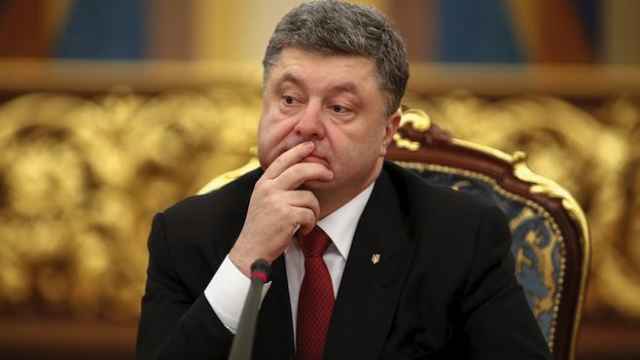The Russian author of a recent article that was dubbed a “blueprint for genocide” in Ukraine is a longtime Russian political operator with ideological ties to one of the most influential figures in the Kremlin.
Timofei Sergeitsev outlined how to “de-Nazify” Ukraine in his Sunday essay “What Russia should do in Ukraine”, calling for the “ideological repression” of civilians and arguing Ukraine should lose its sovereignty for at least for a generation. The piece was published Sunday, the same day as evidence emerged in the Ukrainian town of Bucha that Russian troops had carried out summary executions of civilians.
An obscure columnist, political consultant and spin doctor, Sergeitsev has never before attracted such media interest. While he has worked for high-profile clients including the former pro-Russian president of Ukraine Viktor Yanukovych, as well as Russian billionaire Mikhail Prokhorov, he has largely remained in the shadows.
The ideas put forward by Sergeitsev are “phantom ideas”, Andrei Kolesnikov, a political analyst at Carnegie Moscow Center, told The Moscow Times. Consultants like him can be used to float strategies for the authorities but they “don’t have any serious influence on anything,” he added.
Sergeitsev is a self-avowed acolyte of deceased Soviet philosopher Georgy Shchedrovitsky, whose cult following includes President Vladimir Putin’s powerful deputy chief of staff Sergei Kiriyenko.
One of the participants in a philosophical club founded by Shchedrovitsky, Segreitsev has been involved in discussions about developing the idea of the “Russian world,” which was used heavily by Russian nationalists after the annexation of Crimea in 2014 and in the Kremlin’s support for rebels in eastern Ukraine.
Other arguments made in Sergeitsev’s RIA Novosti article include that the vast majority of Ukrainians are Nazis, or have links to Nazi ideology, and that they need to be “re-educated” through “ideological repression” and political, cultural and educational censorship. He also suggests that new “people’s republics” should be formed to replace the state of modern Ukraine.
Segreitsev spent time working as a political consultant for Ukrainian President Yanukovych, whose election win in 2004 led to widespread protests dubbed the Orange Revolution. The vote was later annulled, and Yanukovych lost the re-run.
During Russia’s 2012 presidential elections, Segreitsev found work as a consultant for Russian billionaire Mikhail Prokhorov and his centrist party Right Cause. Widely considered a Kremlin political project, Prokhorov got just 7% of the vote and soon left politics.
“There were a lot of strange people around Prokhorov, to put it mildly,” said former co-chairman of Right Cause, Leonid Gozman, who left the party shortly before the 2011 parliamentary elections. “I never met that scumbag,” he said of Segreitsev.
A Message from The Moscow Times:
Dear readers,
We are facing unprecedented challenges. Russia's Prosecutor General's Office has designated The Moscow Times as an "undesirable" organization, criminalizing our work and putting our staff at risk of prosecution. This follows our earlier unjust labeling as a "foreign agent."
These actions are direct attempts to silence independent journalism in Russia. The authorities claim our work "discredits the decisions of the Russian leadership." We see things differently: we strive to provide accurate, unbiased reporting on Russia.
We, the journalists of The Moscow Times, refuse to be silenced. But to continue our work, we need your help.
Your support, no matter how small, makes a world of difference. If you can, please support us monthly starting from just $2. It's quick to set up, and every contribution makes a significant impact.
By supporting The Moscow Times, you're defending open, independent journalism in the face of repression. Thank you for standing with us.
Remind me later.


